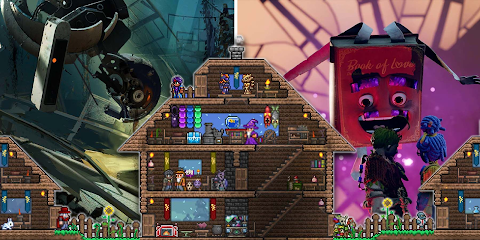Trauma Responses: Coping and Healing
Trauma is a deeply distressing experience that can have lasting effects on an individual's mental, emotional, and physical well-being. When someone undergoes a traumatic event, their mind and body react in various ways as a means of self-preservation. These reactions are commonly known as trauma responses. In this article, we delve into the world of trauma responses, offering insights into coping mechanisms, healing strategies, and the journey toward recovery.
Understanding Trauma Responses
Trauma responses are the body and mind's instinctive reactions to overwhelming and distressing events. These responses are automatic and vary from person to person. Some individuals may experience a fight-or-flight response, where they become hypervigilant and ready to confront the threat. Others might exhibit a freeze response, feeling immobilized and unable to react. Alternatively, some people may adopt a fawn response, attempting to appease or please others to ensure their safety.
Common Types of Trauma Responses
- Fight Response: This response triggers a surge of adrenaline, preparing the individual to confront the threat head-on. They might become aggressive, argumentative, or hyperactive as a way to regain control.
- Flight Response: Individuals with this response tend to avoid the source of trauma. They might distance themselves physically or emotionally from situations or triggers associated with the traumatic event.
- Freeze Response: The freeze response involves feeling paralyzed and helpless. This is the body's way of playing dead in hopes that the threat will lose interest.
- Fawn Response: People exhibiting a fawn response tend to prioritize others' needs over their own. They become overly accommodating and submissive, believing it will protect them from harm.
Coping Mechanisms
Coping with trauma responses requires a multi-faceted approach that addresses the emotional, psychological, and physical impact of the trauma. Some effective coping mechanisms include:
- Therapy: Seeking professional help from therapists experienced in trauma can provide a safe space to process emotions and develop healthy coping strategies.
- Mindfulness and Meditation: These practices can help individuals stay grounded in the present moment, reducing the intensity of trauma triggers.
- Supportive Relationships: Connecting with friends, family, or support groups can foster a sense of belonging and understanding.
- Creative Outlets: Engaging in creative activities like art, writing, or music can offer an outlet for self-expression and emotional release.
Healing Strategies
Healing from trauma is a gradual process that requires patience and self-compassion. Some strategies to facilitate healing include:
- Self-Care: Prioritizing self-care activities like exercise, proper nutrition, and adequate sleep can contribute to overall well-being.
- Gradual Exposure: Gradually confronting triggers in a controlled environment can help desensitize the traumatic memories and reduce their impact.
- EMDR Therapy: Eye Movement Desensitization and Reprocessing (EMDR) is a specialized therapy designed to process and reduce the intensity of traumatic memories.
- Building Resilience: Developing emotional resilience can empower individuals to navigate future challenges more effectively.
The Journey to Recovery
Recovery from trauma responses is a unique journey for each individual. It involves acknowledging the trauma, seeking help, and committing to healing. While the path may be challenging, it is essential to remember that healing is possible with the right support and resources.
In conclusion, trauma responses are the body and mind's natural reactions to distressing events. By understanding these responses and implementing healthy coping mechanisms and healing strategies, individuals can embark on a journey toward recovery and reclaim their lives from the grip of trauma.




Comments
Post a Comment